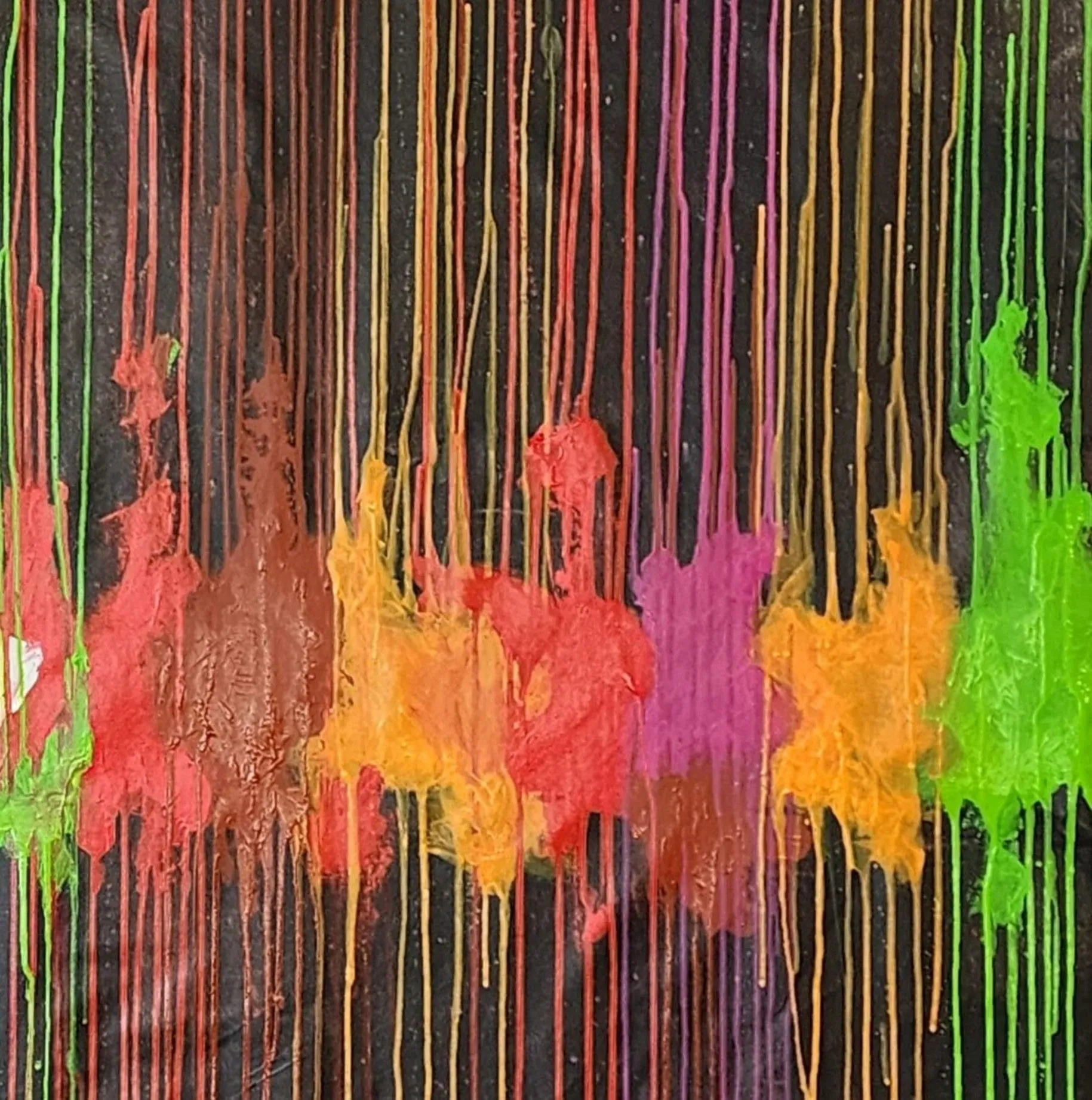Pete Bossley Painting Exhibition
Closes
Oct 19, 2025Posted on
Sep 17, 2025Event type:
Exhibition ,Price:
FreeVenue:
Pete's StudioAddress:
55 Mackelvie Street, Ponsonby, down driveway, green doorsRegion:
Auckland ,
These paintings reference the significance of Colonisation. From Africa, Homo Sapiens colonised Asia, Europe and Indonesia. Once we stopped roaming in nomadic fashion and learned to settle in the Neolithic Revolution, we have been colonising. In fact, we were able to settle by colonising animals, and vegetables, eventually influencing them to behave and grow in accordance with our requirements.
Slowly, social structures began expanding, overtaking others and forcing them to succumb, for better or worse. Over thousands of years BCE Egypt expanded it’s influence far beyond the Nile Valley, including Palestine, and later was itself colonised by the Persians, amongst others. Rome spread military might across large expanses of Europe, creating new territories over which it could impose Roman laws, customs, and philosophies. The British regarded much of the world as being up for grabs and so captured whatever they could, including of course New Zealand.
We now may be undergoing a new form: we are allowing ourselves to be colonised though our cellphones. Ideas, perceptions, images all stream to us constantly and we adopt them unknowingly or as we see fit. But often we don’t even realise we are being overtaken. And we certainly don’t know by whom. This may be the most insidious form of Colonisation, when one doesn’t even know who is doing the colonising.
Given the endemic nature of colonisation over 12,000 years, is it the only way humanity can develop? For a dominant idea to gradually overcome others, be they political, philosophical, spiritual, or commercial, may be the natural result of progress once evolution becomes deliberate. Or is there a better way?